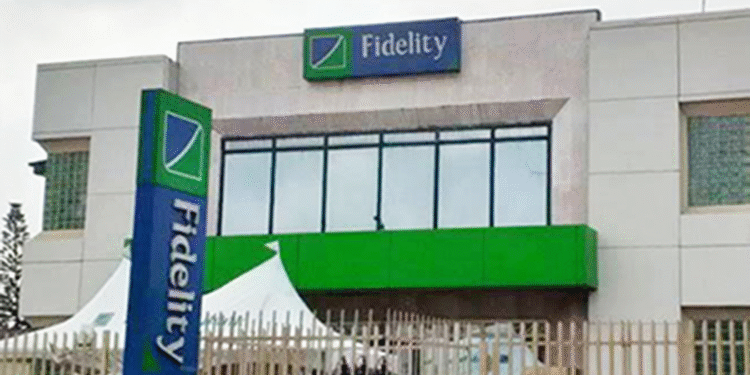Fidelity Bank Plc has dismissed reports that the bank is on the verge of bankruptcy following Supreme Court judgment linked to a legacy $3 million credit facility granted by the defunct FSB International Bank in 2002.
The bank in a statement on Monday said the reports are unfounded, assuring the general public, depositors and stakeholders that it remains financially strong, despite media reports linked to legacy $3 million court judgment.
The statement signed by its Divisional Head, Brand & Communications, Meksley Nwagboh, said that it was currently seeking judicial clarification on the accurate computation of the judgment sum.
It stressed that the bank is preparing to commence the second phase of its recapitalisation exercise after surpassing the N127.1 billion target it had set in its combined offer programme in the first phase
According to the statement. FSB granted a credit facility to G. Cappa Plc in 2002 for the sum of $3 million, with the facility secured with a mortgage on a property located in Ikoyi.
It explained that G. Cappa defaulted on the repayment of the loan and commenced court action against FSB at the Federal High Court in a bid to prevent FSB from selling the mortgaged property to repay the loan.
“Fidelity Bank Clarifies Position on Court Judgement Inherited from Defunct FSB International Bank:
“By way of a background, we confirm that the issues leading up to the judgment arose from a legacy transaction between the defunct FSB International Bank and SagecomConcepts Limited,” the bank said in a statement.
The Federal High Court, in its judgment, ruled that the Bank, as legal mortgagor, rightfully sold the leased interest in the property to Sagecom in 2011. The Court, however, declined to order vacant possession of the property and directed the issue of vacant possession to the Lagos State High Court.
In the meantime, G. Cappa remained in possession of the property and kept collecting rents.
Fidelity Bank emphasized that it believes G. Cappa was responsible for all the losses incurred by Sagecom by retaining control of the property and continuing to collect rents from it. However, the bank noted that after exhausting the appeal process, it is open to settling the obligation.







































